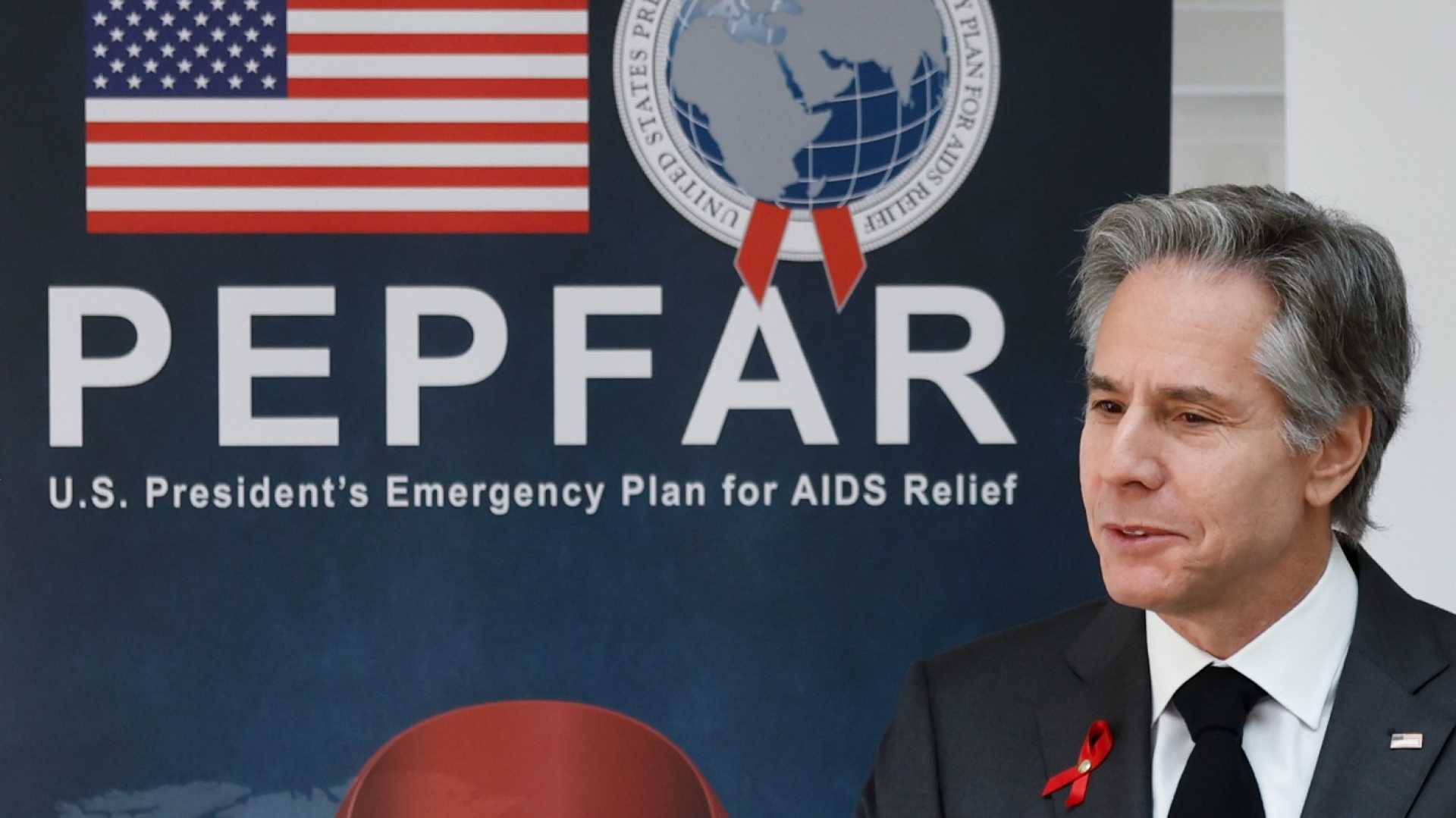News
Evangelicals Silent as PEPFAR Faces Potential Shutdown Under Trump

WASHINGTON, D.C. — In recent months, U.S. evangelical leaders have largely remained silent as the Trump administration’s policies threaten the future of the President’s Emergency Plan for AIDS Relief (PEPFAR), a program that has saved millions of lives since its inception in 2003.
PEPFAR, which was first authorized by President George W. Bush, aimed to reduce HIV/AIDS transmission in sub-Saharan Africa. It has been hailed as a groundbreaking effort, saving 26 million lives and enabling 8 million births free of HIV. However, President Trump’s administration has made significant cuts to programs funded through USAID, stalling PEPFAR’s operations and disrupting critical health services.
Ambassador Mark Dybul, who oversaw PEPFAR, recalls his visit to an orphanage in Ethiopia in 2006, where he saw the devastation wrought by the AIDS epidemic. “We really are in a national crisis,” he recalled hearing from Botswana’s president, Festus Mogae, about the high rate of HIV among pregnant women and the orphaned children left in its wake.
Despite PEPFAR’s documented success, which has broad bipartisan support, the Trump administration issued a stop-work order that affected all foreign development programs. This directive has resulted in halted services and disrupted lives, with over 75,000 deaths linked to the disruptions of PEPFAR services.
In interviews with various evangelical leaders, many expressed awareness of PEPFAR’s importance but struggled to articulate a response to its jeopardized future. “It’s done extraordinary good, and yet it’s virtually invisible to most,” James Forsyth of Cedar Springs Presbyterian Church stated.
Others pointed to different priorities within their congregations, with some pastors focusing on issues like immigration and refugee aid instead. Scott Dudley of Bellevue Presbyterian Church remarked that his congregation is preoccupied with local issues around asylum seekers, expressing an exhaustion about the breadth of humanitarian crises needing attention.
As the evangelical community grapples with awareness, some leaders expressed concern about what they perceive as a potential backlash from constituents should they speak out against the federal cuts. “There is a fear of upsetting congregants,” one pastor noted.
Yet, experts assert the moral obligation to advocate for PEPFAR’s continuation. “PEPFAR should be an easy call for evangelical Christians,” said Russell Moore, editor in chief of Christianity Today. “It affirms human dignity and the sanctity of life.”
The ongoing silence among evangelical leaders has led to criticism from both within and outside the faith community. Mark Labberton, former president of Fuller Theological Seminary, notes that the disconnect between the pledges of life affirming ideologies and inaction continues to widen.
As the administration’s policies further undermine the infrastructure built by PEPFAR, experts warn that the humanitarian costs could escalate. The potential loss of this critical program challenges the pro-life stance that many evangelicals espouse, prompting broader questions about the future of evangelical advocacy for global health issues.
“If we are truly pro-life, this should matter to us deeply,” Chris Davis from Groveton Baptist Church commented.












